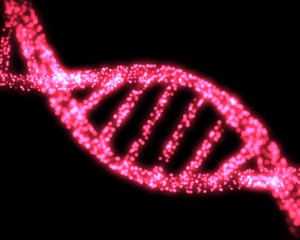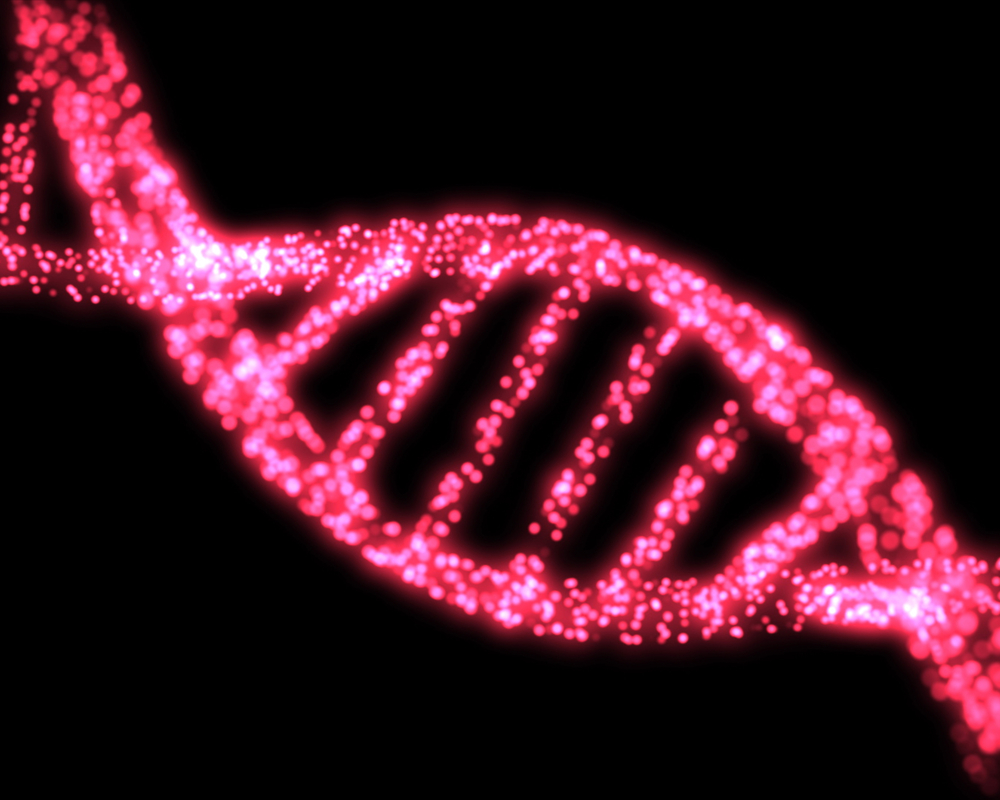 A statistical-based computer model created by two scientists at the Johns Hopkins Kimmel Cancer Center places colon cancer in the category of cancers due to bad luck, environmental factors, and inherited factors. Their study, “Variation in Cancer Risk Among Tissues Can Be Explained by the Number of Stem Cell Divisions,” published in Science, correlates colon cancer risk to stem cell divisions and the chance for mutations.
A statistical-based computer model created by two scientists at the Johns Hopkins Kimmel Cancer Center places colon cancer in the category of cancers due to bad luck, environmental factors, and inherited factors. Their study, “Variation in Cancer Risk Among Tissues Can Be Explained by the Number of Stem Cell Divisions,” published in Science, correlates colon cancer risk to stem cell divisions and the chance for mutations.
“You could argue that the colon is exposed to more environmental factors that the small intestine, which increases the potential rate of acquired mutations,” said Cristian Tomasetti, PhD, a biomathematician and assistant professor at Johns Hopkins University School of Medicine, in a news release.
His co-author, Bert Vogelstein, MD, continued to explain why colon cancer is so much more prevalent than small intestinal cancer: “Our study shows, in general, that a change in the number of stem cell divisions in a tissue type is highly correlated with a change in the incidence of cancer in that same tissue,” and colon stem cells divide four times more often than small intestine stem cells.
In support of these statements, the two worked together to chart the number of stem cell divisions in 31 types of tissue. Comparing these rates with the lifetime risk of cancer in the same tissue type, they created a scatterplot from which there was a statistical correlation between the two of 0.804. Therefore, 65% of the variation in cancer risk among individuals can be explained by stem cell divisions.
Cancers often arise when tissue-specific stem cells divide and introduce random mistakes into their genome. The more mutations there are, the more likely a cell will become cancerous. So although environmental and lifestyle factors can play a role in causing cancer, these factors cannot explain all cancer cases. “If two-thirds of cancer incidence across tissues is explained by random DNA mutations that occur when stem cells divide, then changing our lifestyle and habits will be a huge help in preventing certain cancers, but this may not be as effective for a variety of others,” stated Dr. Tomasetti. “We should focus more resources on finding ways to detect such cancers at early, curable stages.”
Since colon cancer is among the cancers that may not be preventable through lifestyle changes alone, potential patients may benefit from screening measures such as the newly developed cancer screening kit or from genetic tests for certain markers of colon cancer.


